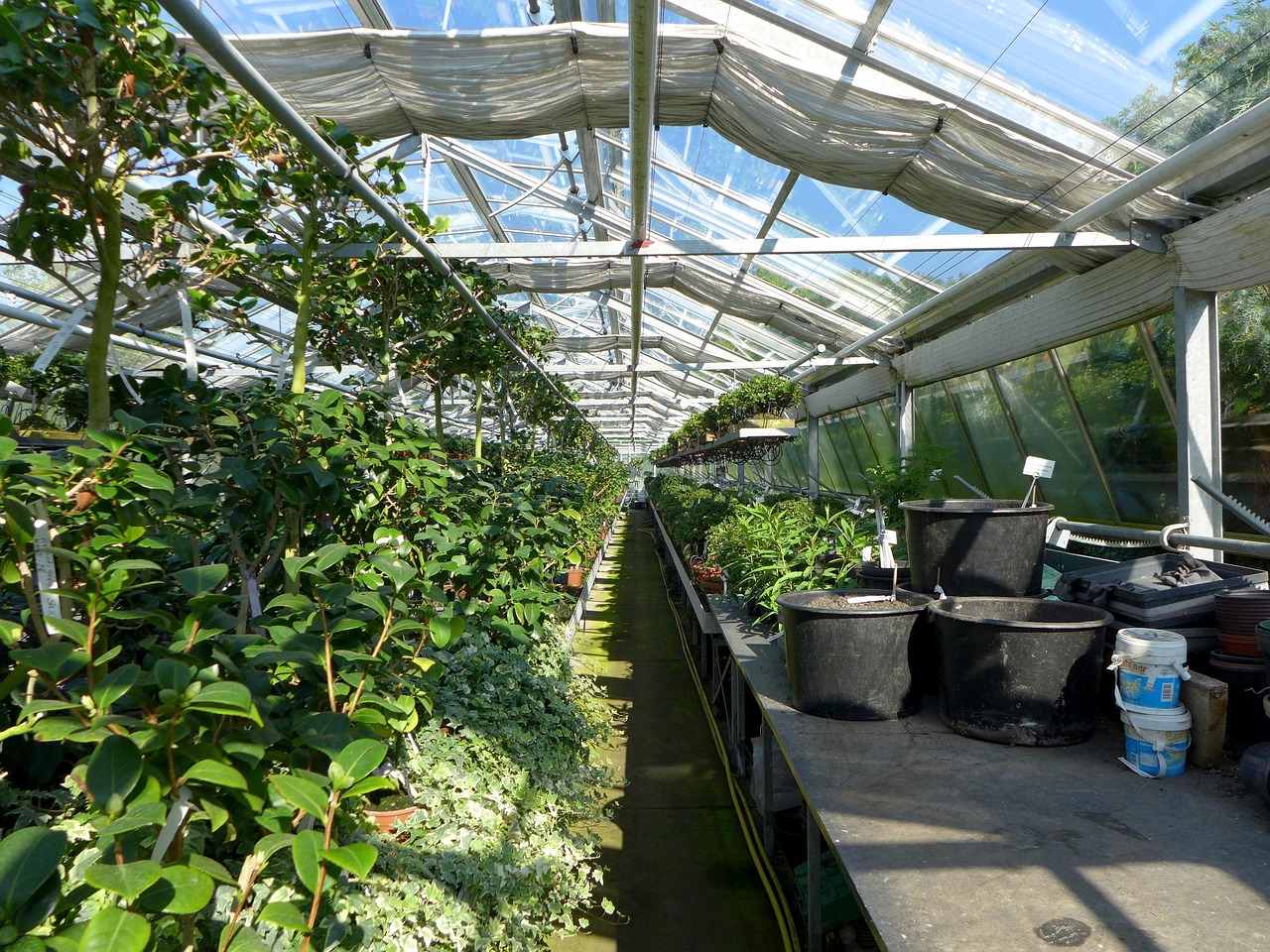Part 1: Protecting the Rule of Law

The rule of law is like a greenhouse, built not for perfection, but for protection. Inside this greenhouse, rare and delicate plants grow —each with unique needs. The gardener’s task is to create an environment where these plants, despite their differences, can survive and thrive together.
Building such a greenhouse takes careful planning and constant upkeep. The temperature must be balanced, the sunlight properly filtered, the nutrients fairly distributed. Even with the best efforts, things can go wrong. Sometimes a plant may wither and die because of a flaw in the system—a sudden draft, a broken pipe, or uneven watering.
Thus, what is to happen to the greenhouse when it has clearly failed its duty to protect these rare plants?
In those moments, frustration with the greenhouse is understandable. Some may argue that the entire structure must be torn down and a better greenhouse, rebuilt from scratch. However, I wonder what will happen to the surviving plants while this “better” greenhouse is being built? Without shelter, the stronger plants may overshadow the weaker ones, hoarding sunlight and resources. In the absence of structure, chaos takes root.
To register their displeasure at the greenhouse’s failures, others may rebel while still inside it—grabbing more water than their share or tampering with the controls. But this too creates disorder. Not all plants will respond the same way. Some will suffer quietly, while others fight for survival, leaving the community of plants worse off than before.
This analogy reflects my view of the rule of law. Since developing an interest in the law, I have often been told that meaningful change in society cannot be achieved legally—that the law is too flawed, too slow, or too corrupt to protect the vulnerable. But I disagree.
Yes, the law is not perfect, nor was it ever meant to be. Sometimes, it might even be unjust.
Still, like the greenhouse, it exists to provide stability, protection, and the possibility of growth amidst competing interests. When the system falters, our task is not to abandon it entirely, but to improve it—patch its leaks, adjust its temperature, and ensure it serves all members of society, not just the privileged few.
Lawyers are the gardeners of this greenhouse. Their role is to understand its design, tend to its flaws, and advocate for improvements. They are responsible for nurturing the fragile ecosystem of rights, protections, and responsibilities that hold a society together.
I reject violence as a viable response to injustice for two reasons. First because it distracts from the cause of the injustice, creates new victims, and further destabilizes our society. When we choose violence, we strengthen the injustice in the system by making ourselves permissible targets for enforcement. We shift the focus away from the injustice in the system to the injustice which WE have now perpetrated.
The second reason I reject violence is because it is not creative. All the literature I have read, fiction and nonfiction, tell me that violence leads to a never ending cycle of destruction. The easiest thing we can do in life is destroy. Look around you: the laptop or phone where you are reading this, the chair you sit on, your air conditioner, they all took hours of focus and imagination to create. Yet you could simply destroy them with a wave of your hand, or with a stick, in seconds. Violence is like this. It is easy, unimaginative and uncreative.
I recognize that it is easy for me to say all of this whilst I am not a target for daily oppression. Still, ignoring (or supporting) all actions of those who we label “oppressed” under this idea that their actions must always be understood will only endanger them.
The law is one tool for social change. Social change also depends on other forces—public education, community organizing, and collective action. But my own interest lies with those who work within the law: the lawyers who, like gardeners, continuously tend to the evolving needs of society.
“The evolving needs of society”
This belief is grounded in a school of legal thought called social jurisprudence—the idea that law is not static, but a living discipline that adapts to the social conditions around it. The task before us is not to discard the law when it fails, but to shape it into something better.
So, what do you think; Should the rule of law be protected?
Testing comments